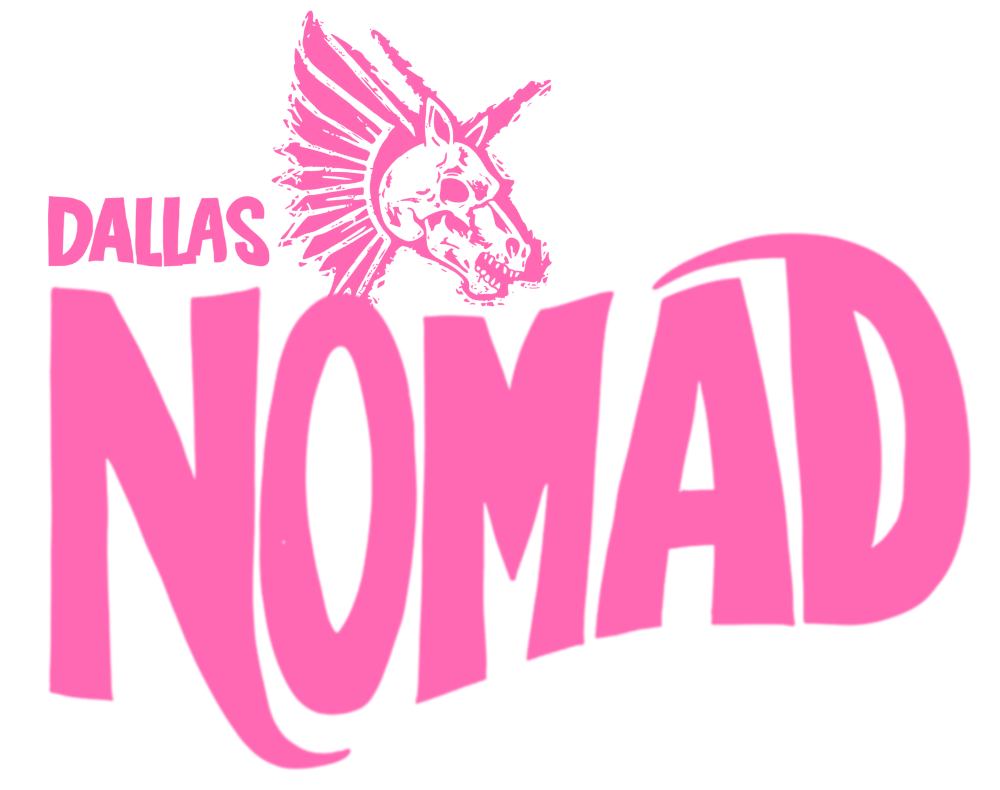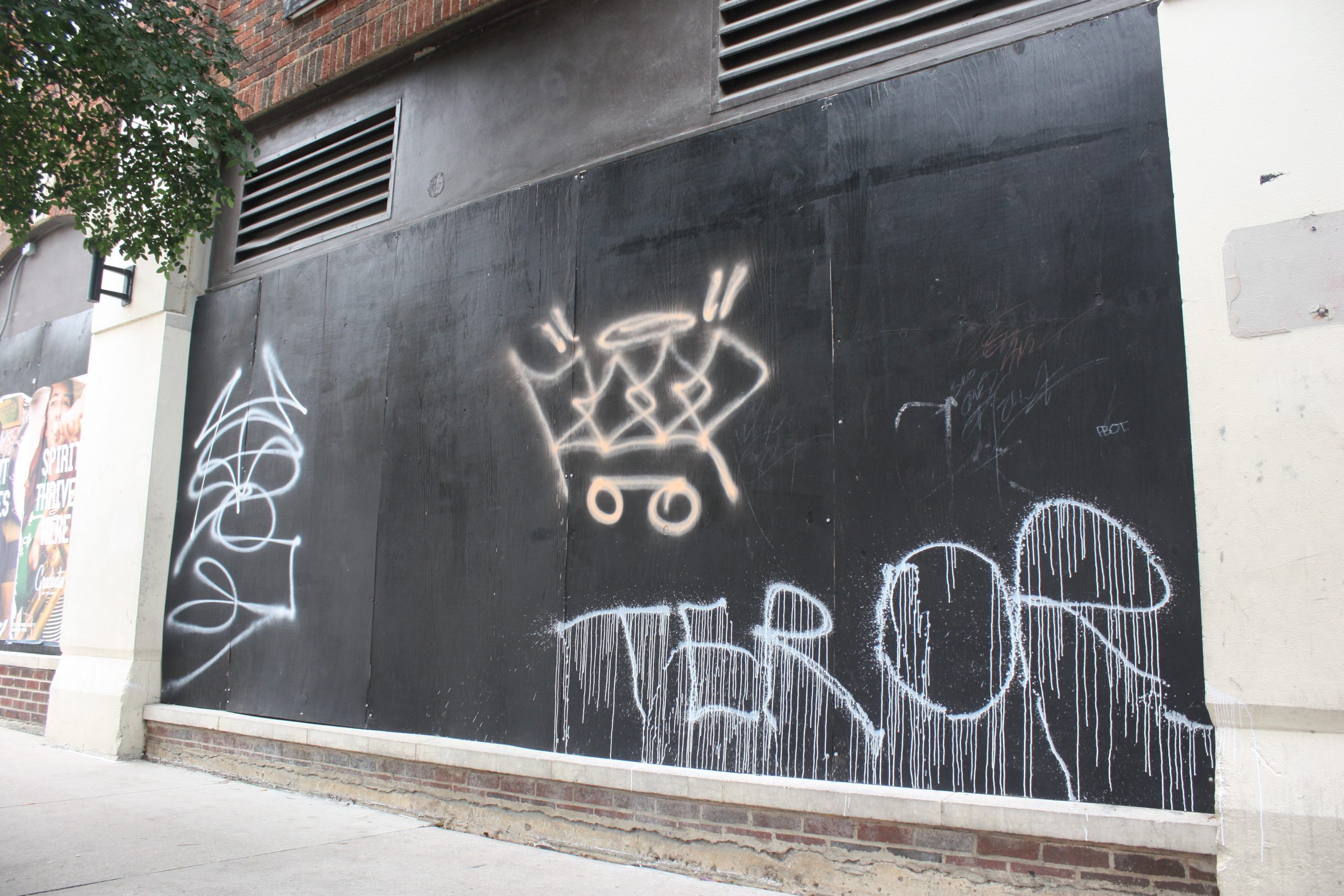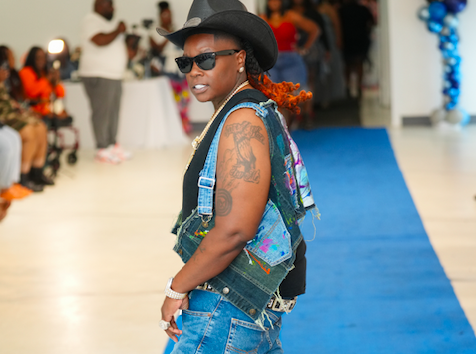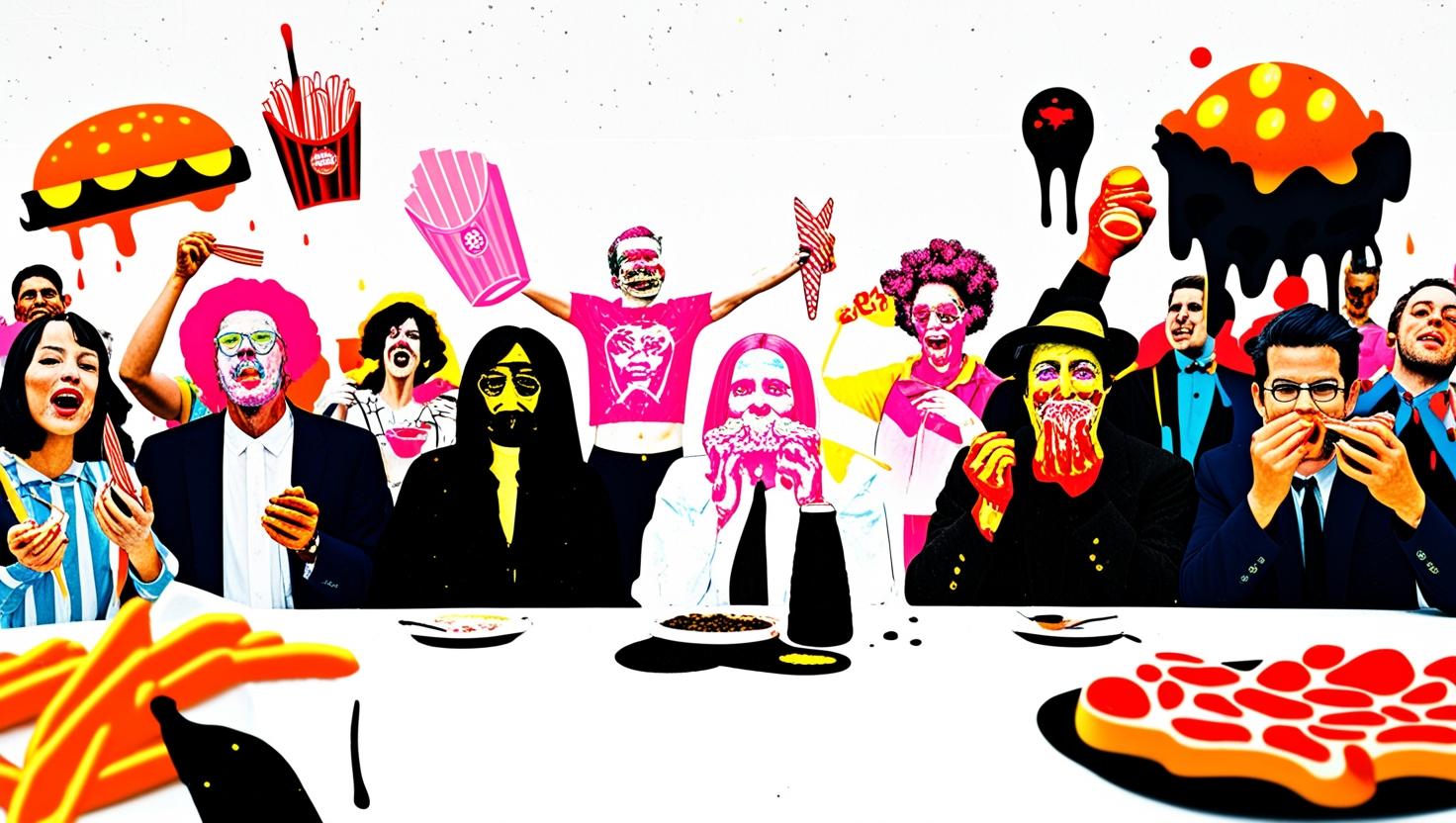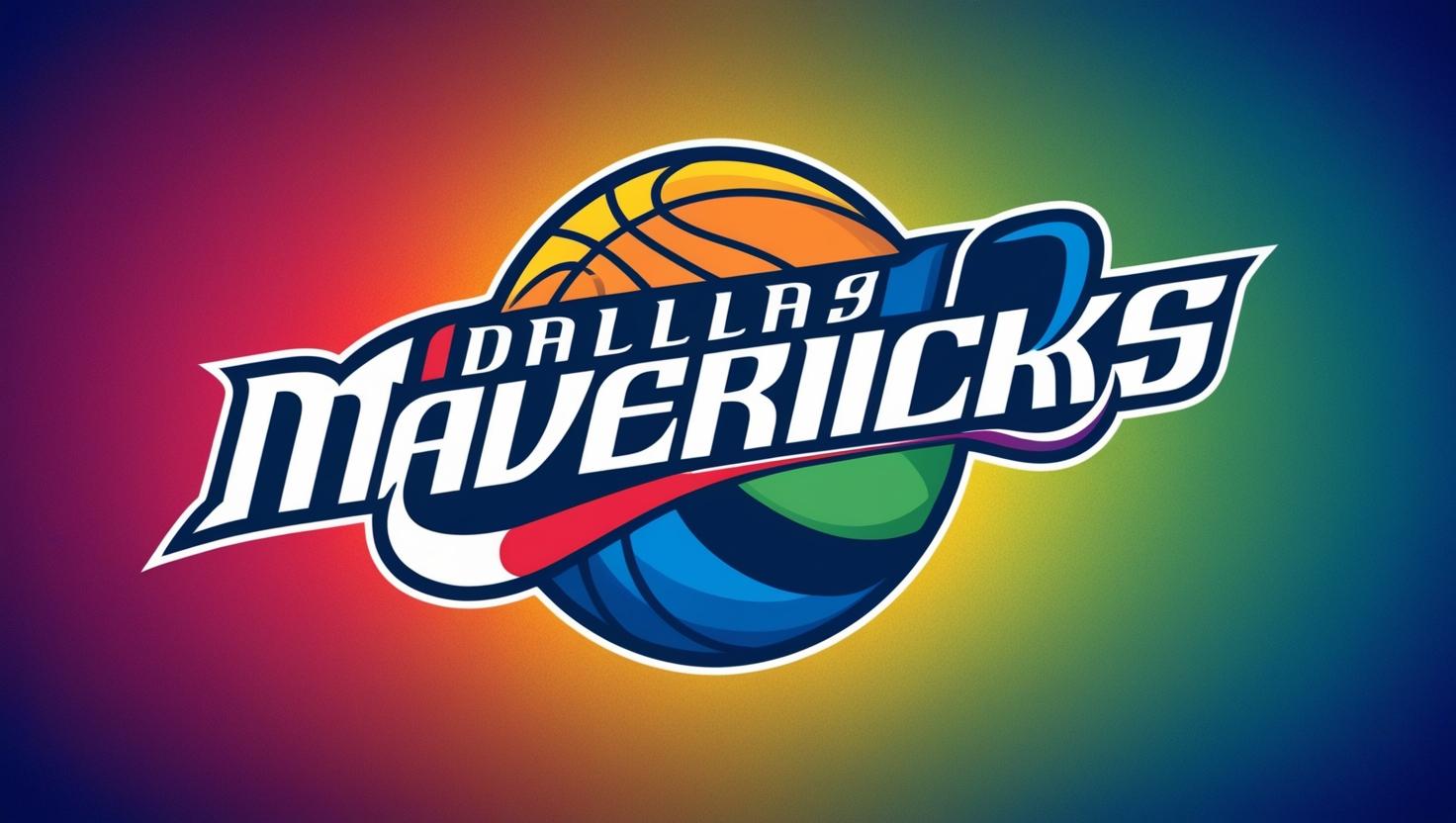How to Survive the TikTok Blackout, Before Trump Swoops In To Save Us All
While TikTok's down, delve into the junk drawer, uncover the political machinations behind the ban, and rediscover the joys
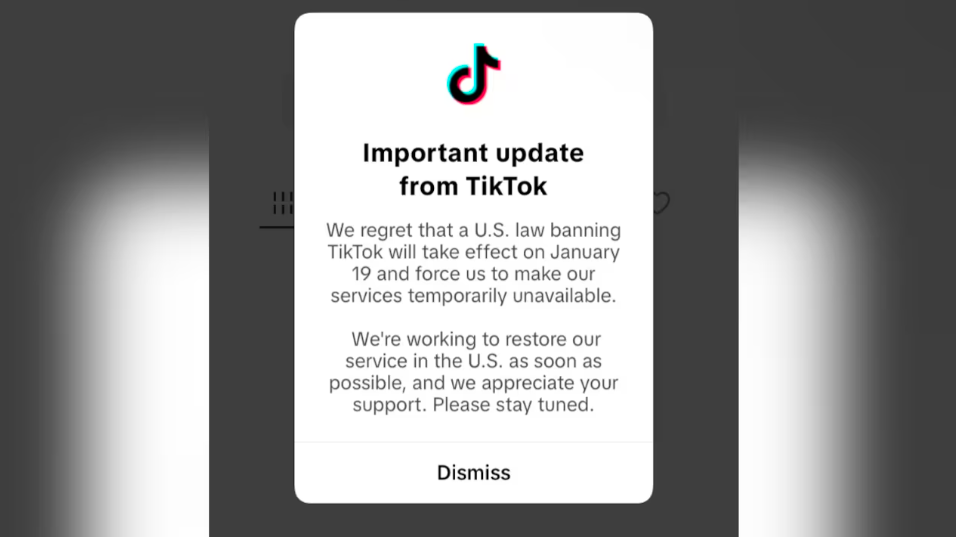
TikTok’s down, we know. While politicians scramble to ‘save’ us from the horrors of short-form dance videos, let’s seize this unexpected gift of free time. Confront the dreaded junk drawer, unravel the tangled web of Facebook’s anti-TikTok conspiracy (it’s a whole thing!), and rediscover the lost art of human interaction. You might even find yourself enjoying life beyond the endless scroll. Who knew?
Alright, folks, let’s address the elephant in the room. TikTok’s down. For now. And while the politicians scramble to get that “For You” page flowing again, you’re left with a gaping void in your soul and a sudden surplus of free time. Fear not, fellow Nomad! This digital detox can be a blessing in disguise. Here are five things you can actually accomplish while the world’s attention is momentarily diverted from an endless feed of mesmerizing dance routines, recipes we’ll probably never try, and “hot takes” that are usually pretty standard:
1. Confront That Junk Drawer
You know the one. The abyss of forgotten treasures, rogue batteries, tattered cords, and that iPhone box from three years ago that stares back at you with judgmental eyes. It’s a black hole of misplaced belongings, a testament to your past procrastination and a constant source of low-level anxiety. Now’s your chance to tame the beast! Channel your inner Marie Kondo and ask yourself, ‘Does this spark joy?’
If not, toss it or donate it. You might be surprised at the sense of accomplishment that comes with conquering this chaotic corner of your domain. Plus, you’ll have a newfound appreciation for a clutter-free existence and maybe even discover some long-forgotten treasures hidden amongst the chaos.
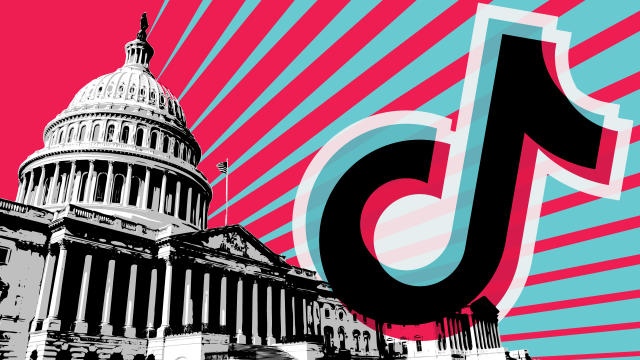
2. Uncover the TikTok Conspiracy
Ever wondered how this whole TikTok fiasco even started? This TikTok ban isn’t just about data security. It’s a whole saga! As early as 2022, it was reported that Facebook hired a Republican consulting firm, Targeted Victory, to orchestrate a smear campaign against TikTok. Think op-eds popping up in local newspapers, articles questioning TikTok’s safety, the whole nine. It’s like a real-life political thriller!
But this wasn’t just about competition. It was about power. The Facebook mafia, an obvious dominant player in the social media landscape, allegedly sought to undermine a rising competitor through this plot.
But, Her Emails!
Leaked emails show that Targeted Victory’s worked through several mediums to spread negative narratives about TikTok, including the fabricated “Slap a Teacher” challenge – a challenged that started as a rumor of violence on high school campuses in September 2021 but ultimately led to widespread panic and even some actual violence. Emails also revealed a concerted effort to exploit the “foreign ownership” angle, tapping into existing U.S. xenophobia and nationalistic sentiments, specifically towards China, to demonize TikTok.
Then there was the use of “astroturfing”, a particularly insidious tactic that created the illusion of grassroots support for anti-TikTok sentiments through fabricated letters to the editor – undermining public trust in genuine public discourse. Responding to accusations of “astroturfing,” Meta’s Andy Stone defended the campaign, stating, “Scrutiny should be proportionate to a platform’s success, and this applies to TikTok as well.”
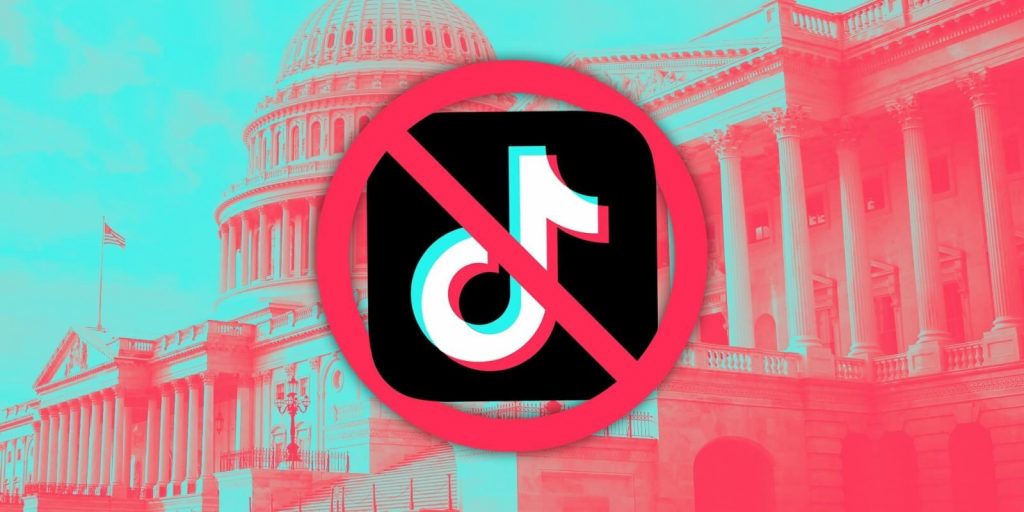
Meta’s attempt to downplay the significance of the campaign and deflect blame is unsurprising. Their claim that all platforms should face scrutiny rings hollow given the orchestrated and deceptive nature of their own actions concerning user data and security. Meta has a long history of data security and privacy concerns. These include numerous data breaches, extensive data collection practices, the misuse of user information for targeted advertising and behavioral manipulation, and vulnerabilities to phishing scams and hacking attempts.
In addition to attacking TikTok, reports also show that Targeted Victory worked to secure favorable media coverage for Facebook by submitting letters and opinion pieces that exaggerated the company’s support for Black-owned businesses. The revelation that this is not the first time Facebook has used political lobbying firms for manipulative PR campaigns (as seen in the Definers case) further highlights a disturbing pattern of unethical behavior. But TikTok is the national security risk?
“Scrutiny should be proportionate to a platform’s success, and this applies to TikTok as well.”
-Andy Stone, Meta
3. Spice Up Your Life (Literally)
You could use the next couple days of TikTok darkness to sort through that spice cabinet. While you’re at it, take a good, hard look at those dusty bottles. Black people, I’m especially talking to you! Those cumin seeds from 2012 aren’t going to magically flavor themselves. Toss the expired, organize the rest, and maybe even learn how to actually use that saffron you bought on a whim. After all, you’ll want to be spice cabinet ready when TikTok is back up and your favorite #FoodieTikTok creators are back with new recipes that you’ll probably never try, but you’ll still want to pretend you’re going to attempt.
4. Study the Art of Political Spin
Let’s be honest, politicians love to take credit for things they had very little to do with. Remember President Reagan and the Iran-Contra affair? He famously took credit for the release of American hostages held in Lebanon, even though the deal involved an illegal arms-for-hostages exchange.
Then there was our beloved, President Barack Obama, whose famous photo in the Situation Room helped him take credit for the killing of Osama bin Laden. But, the operation to kill Osama bin Laden, the leader of al-Qaeda, had been in the works for years, long before Obama took office.
While Obama ultimately gave the final order for the raid, the intelligence gathering, planning, and preparation for the operation had been ongoing under the previous administration. Still, Obama received significant credit for the operation.

These are classic examples of political spin – taking advantage of a positive outcome, regardless of personal involvement, to bolster one’s image and claim victory. Granted, you’ve probably dealt with this frustrating phenomena in your professional life, because the whole of Corporate America has read 48 Laws of Power, right?
Take this opportunity to brush up on how politicians have used this tactic throughout history. Who were the masters of political spin? Think of politicians like Bill Clinton, known for his charisma and ability to connect with the American public, or Ronald Reagan, a master communicator who skillfully crafted narratives that resonated with the nation. How did they manipulate public perception? Through carefully crafted speeches, strategic media appearances, and the skillful use of symbolism, they were able to shape public opinion and control the narrative.
Armed with this knowledge, you’ll be able to spot a disingenuous politician a mile away. You’ll be able to see through the rhetoric, identify the underlying motivations, and discern the truth from the spin. This newfound political acumen will not only make you a more informed citizen but also help you navigate the next four years as the Trump Administration 2.0 will most certainly kickoff their second reign crediting themselves for both the Gaza ceasefire and for the “saving” of TikTok.
5. Rediscover the Joys of Not Scrolling
Remember those things called “books”? While our FYPs are in the dark, take some time to get curious about why certain books are being banned in the first place. Explore the works of authors like Toni Morrison, Margaret Atwood, and Sherman Alexie – all of whom have faced challenges and bans from far-right extremists who’d probably benefit from reading these banned classics and considering the perspectives they offer on social issues.
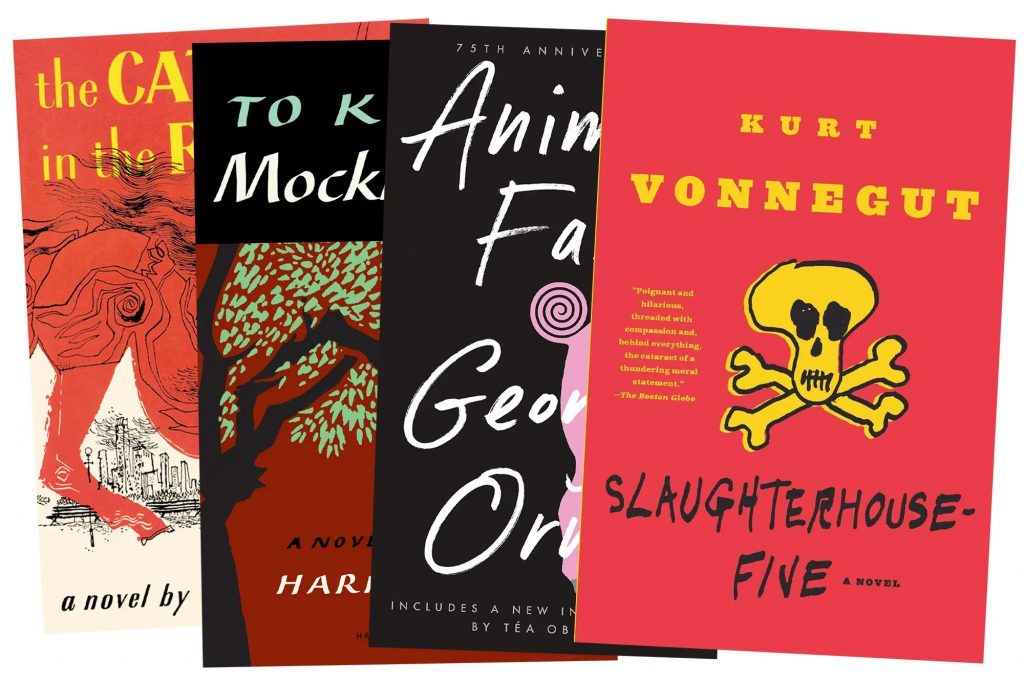
Take some time to read or reread classics like:
- ‘The Catcher in the Rye,’ which has been banned from schools and libraries for including profanity, sexual content, and violence and accusations of being racist, misogynistic, and ableist.
- Or ‘The Adventures of Huckleberry Finn,‘ an 1885 classic banned in some libraries because of the use of the “N” word, and “unpleasant characters” like Pap, The Duke, and The King, that some readers said were too gritty.
- And ‘To Kill a Mockingbird,‘ which was rejected by parents who said the book was riddled with racism, violence, and offensive language.
While the reasons behind the banning seem legit, at first take, it’s also worth noting that an artists’ job is to reflect the times. These books were written as a reflection of what their authors saw and experienced, and are therefore mirrors of truth. And sadly, many of the same issues being addressed in these works are ever present in our modern society. Engaging with the books and understanding their themes were a crucial step in fostering critical thinking at one point in the U.S. Now such engagement is an act of defending intellectual freedom – a Dallas Nomad approved activity.
But, if you don’t like books, there are still ways to kill time. Try board games. Dust those off and reconnect with the real world. Strike up a conversation with your neighbor, have a picnic in the park, or even try that new coffee shop you saw on TikTok that you’ve been meaning to check out. You might be surprised at how much fun you can have without the constant barrage of short-form videos.
Alright, Nomads. Five productive (and maybe even enjoyable) ways to spend your time while TikTok is dark. Now go forth, learn, ponder, and conquer! And hey, maybe this little digital detox will inspire you to spend a little less time scrolling and a little more time living.
